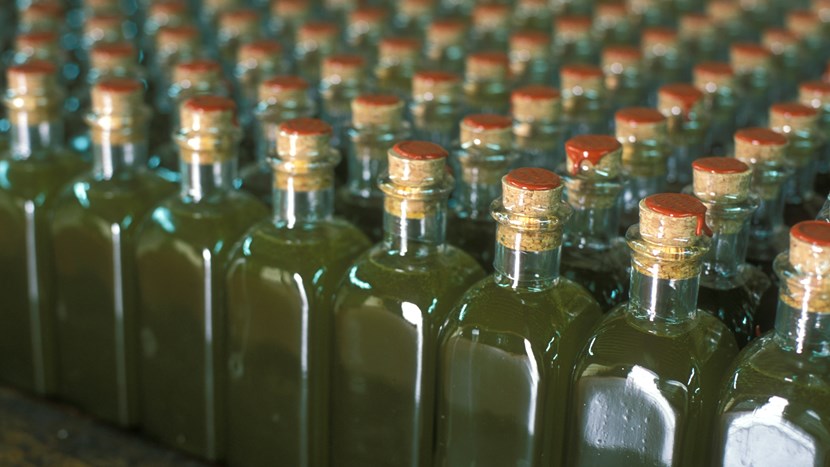FDF response to August inflation figures

Karen Betts, Chief Executive, The Food and Drink Federation (FDF), said:
"It’s concerning seeing food and drink inflation rise further, to 5.1% in August, when commodity and energy prices are fairly stable. There are still notable pressures on coffee, cocoa, olive oil and dairy prices, but otherwise the continued rise is explained by regulatory and tax costs. This year’s increases to employer National Insurance Contributions, the new packaging tax, business rates rises and the cost of border checks including to Northern Ireland are heaping costs on our sector.
“We need government to bring down the cost of regulation – so it’s better designed, easier to implement, and better sequenced so it doesn’t all land at once on companies struggling to cope. Manufacturers are looking to the Chancellor in the Budget to ensure we have proper policies and incentives in place to drive productivity growth across food and drink, to offset regulatory and tax costs, and to boost the employment and prosperity that food and drink manufacturing provides in communities up and down the country. She must resist bringing in new costs to ensure the UK is an attractive place to invest."
Background:
- Food and non-alcoholic drink inflation stood at 5.1% in August 2025 year-on-year, up from 4.9% in the 12 months to July. This was the fifth consecutive increase in the annual rate and the highest recorded since January 2024.
- The ONS reports on 49 main food and non-alcoholic drink product categories, which have seen a mixed performance. Five categories saw inflation in double digits: beef and veal (24.9%), butter (18.9%), chocolate (15.4%), coffee (15.4%), and whole milk (12.6%).
- Prices fell the fastest for: olive oil (-12.5%), flours (-5.9%), sugar (-3.8%), and pasta (-2.8%).
- While the price of olive oil is falling year-on-year, it’s still over 120% higher than it was at the start of 2020.
- The Food and Drink Federation’s Food Inflation Forecast report projects that food and non-alcoholic drink inflation could reach 5.7% by December 2025.
